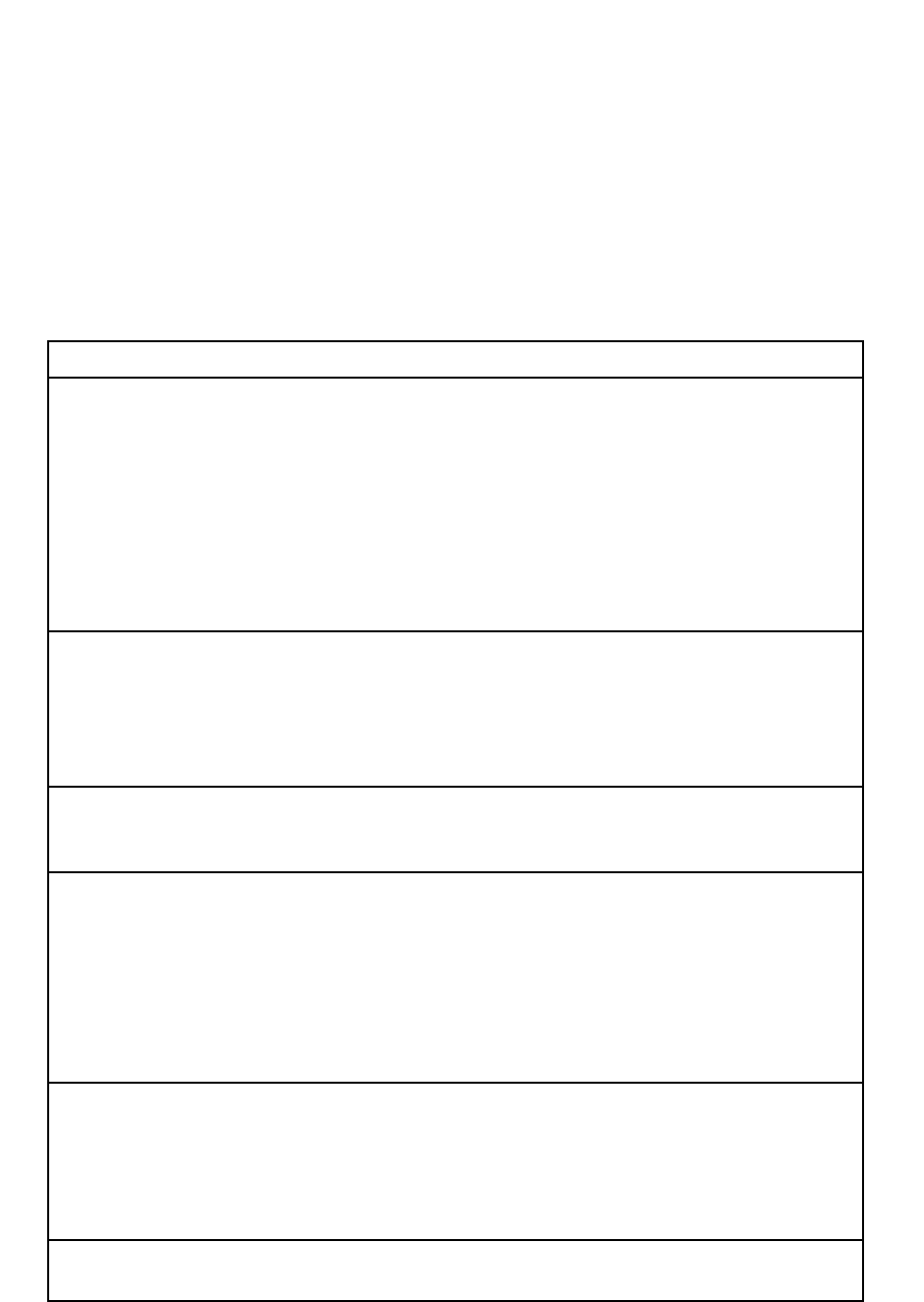
44
C
aring for Your Oven
Cleaning your oven and controls
Make sure all controls are off and the oven is cool before cleaning. Your oven is designed for
easy care. You can do most cleaning with items found around your home. Cleaning your
oven whenever spills or soiling occurs will help to keep it looking and operating like new.
Do not use commercial oven cleaners in your oven.
• Wash, wipe with clean water, and dry
thoroughly.
• Do not use steel wool or abrasive
cleansers. They may damage the finish.
• Do not spray cleaner directly on panel.
Apply cleaner to paper towel.
NOTE: Set the Control Lock to prevent the
oven from accidentally turning on when you
are cleaning the panel. (See “Using the
control lock” on page 9.)
• Wash, wipe with clean water, and dry
thoroughly.
• Use nonabrasive, plastic scrubbing pad on
heavily soiled areas.
• Do not use abrasive or harsh cleansers.
They may damage the finish.
• Wash, rinse, and dry thoroughly.
• Do not clean the pan and grid in the
Self-Cleaning cycle.
• Wash, rinse, and dry thoroughly.
OR
• Leave in oven during Self-Cleaning cycle.
NOTE: Racks will permanently discolor and
become harder to slide if left in oven during
the Self-Cleaning cycle. Apply a small
amount of vegetable oil to the side rungs
to aid sliding.
• Make sure oven is cool.
• Follow directions provided with the
cleaner.
• Wash, wipe with clean water, and dry
thoroughly.
• See “Using the Self-Cleaning Cycle” on
pages 47-51.
PART
Control panel
Exterior surfaces
(other than control
panel)
Broiler pan and
grid (clean after
each use)
Oven racks
Oven door glass
Oven cavity
WHAT TO USE
Sponge and warm,
soapy water
OR
Paper towel and
spray glass cleaner
Sponge and warm,
soapy water
Steel-wool pad and
warm, soapy water
Steel-wool pad and
warm, soapy water
OR
The Self-Cleaning cycle
Paper towel and spray
glass cleaner
OR
Warm, soapy water and
a nonabrasive, plastic
scrubbing pad
Self-Cleaning cycle
HOW TO CLEAN


















